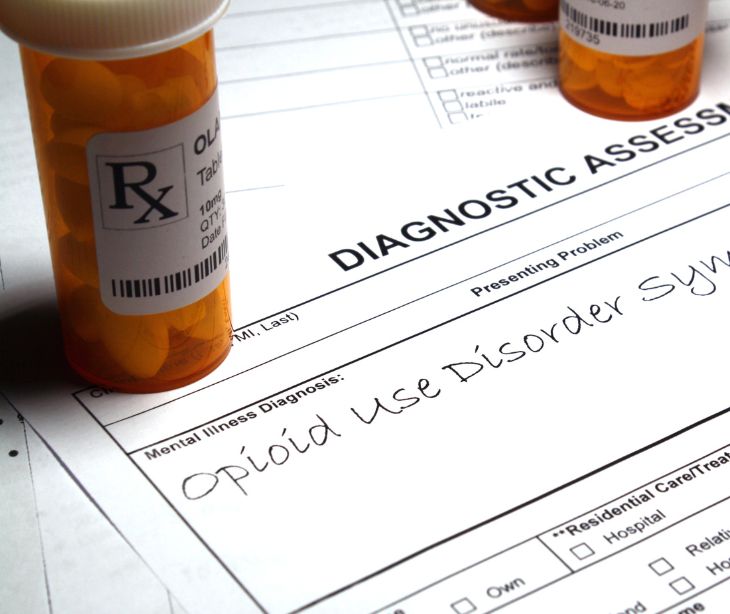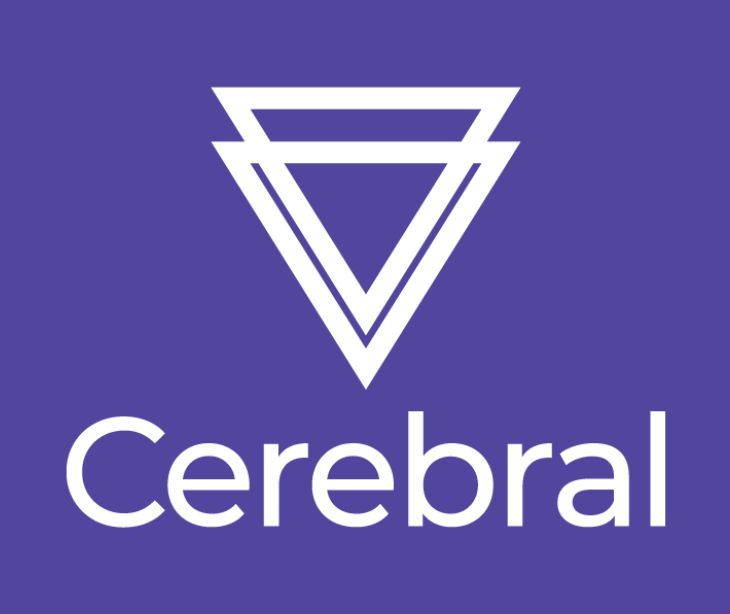2 min read
HHS finalizes new provisions in confidentiality for substance use
Abby Grifno
February 14, 2024

The Department of Health and Human Services (HHS) has finalized provisions regarding confidentiality for patients with substance use conditions.
What happened
Recently, HHS and the Substance Abuse and Mental Health Services Administration (SAMHSA) finalized modifications for confidentiality regulations regarding patients with substance use conditions (SUDs).
The new provisions specifically increase coordination among providers, strengthen confidentiality through civil enforcement, and aim to integrate behavioral health information with other medical records for better patient outcomes.
Going deeper
The final rule will be published online on February 16th. The HHS released a fact sheet of changes to expect in the ruling. These include:
- Allowing a single consent for all future uses and disclosures of treatment, payment, and health care operations.
- Permitting disclosure of records without consent to public health authorities, as long as identifying information is removed.
- Restricting the use of records and testimony unless the patient consents or is court-ordered.
- Penalties now include civil and criminal enforcement to align with HIPAA.
- Requiring the same breach notification rules to be applied as they are in the HIPAA notice of privacy practices.
- Allowing the right to file a complaint directly with the Secretary for potential violations.
- Clarifying and strengthening diligence steps for investigating agencies to be considered a safe harbor, including looking for a provider in SAMHSA’s online treatment facility locator and checking a provider’s Patient Notice.
Why it matters
The ruling emphasizes confidentiality for patients with substance use disorders. By streamlining and clarifying consent issues, providers and patients will have a clearer understanding of what information may or may not be released. The streamlined process also ensures healthcare organizations communicate with one another and do not force patients to repeat steps.
Furthermore, the new provisions are designed to closely align with standard HIPAA regulations and clarify the consequences organizations may face if they fail to meet the new standard.
What was said
HHS Secretary Xaviar Becerra stated, “Patient confidentiality is one of the bedrock principles in health care. People who are struggling with substance use disorders must have the same ability to keep their information private as anyone else. This new rule helps to ensure that happens by strengthening confidentiality protections and improving behavioral health integration with other medical records.”
“One of SAMHSA’s priorities is working to make effective treatment and recovery supports for SUD more accessible to all Americans,” stated Miriam E. Delphin-Rittmon, PH.D., the HHS Assistant Secretary for Mental Health and Substance Use and the leader of SAMHSA.
She further added, “The Final Rule supports access to care and treatment and mitigates the discrimination and stigmatization that we know too often people with SUD experience while continuing to apply stringent privacy protections.”
The big picture
The ruling stresses patient confidentiality and standardization regarding record transfer. With an emphasis on accountability, the ruling will likely be used to ensure that all healthcare organizations follow a similar high standard for confidentiality.
The ruling is a positive step for patients and could show how the public is increasingly aware of their data being transferred without consent. The ruling should help ensure those seeking treatment for substance use are provided a necessary layer of protection.
Subscribe to Paubox Weekly
Every Friday we'll bring you the most important news from Paubox. Our aim is to make you smarter, faster.




